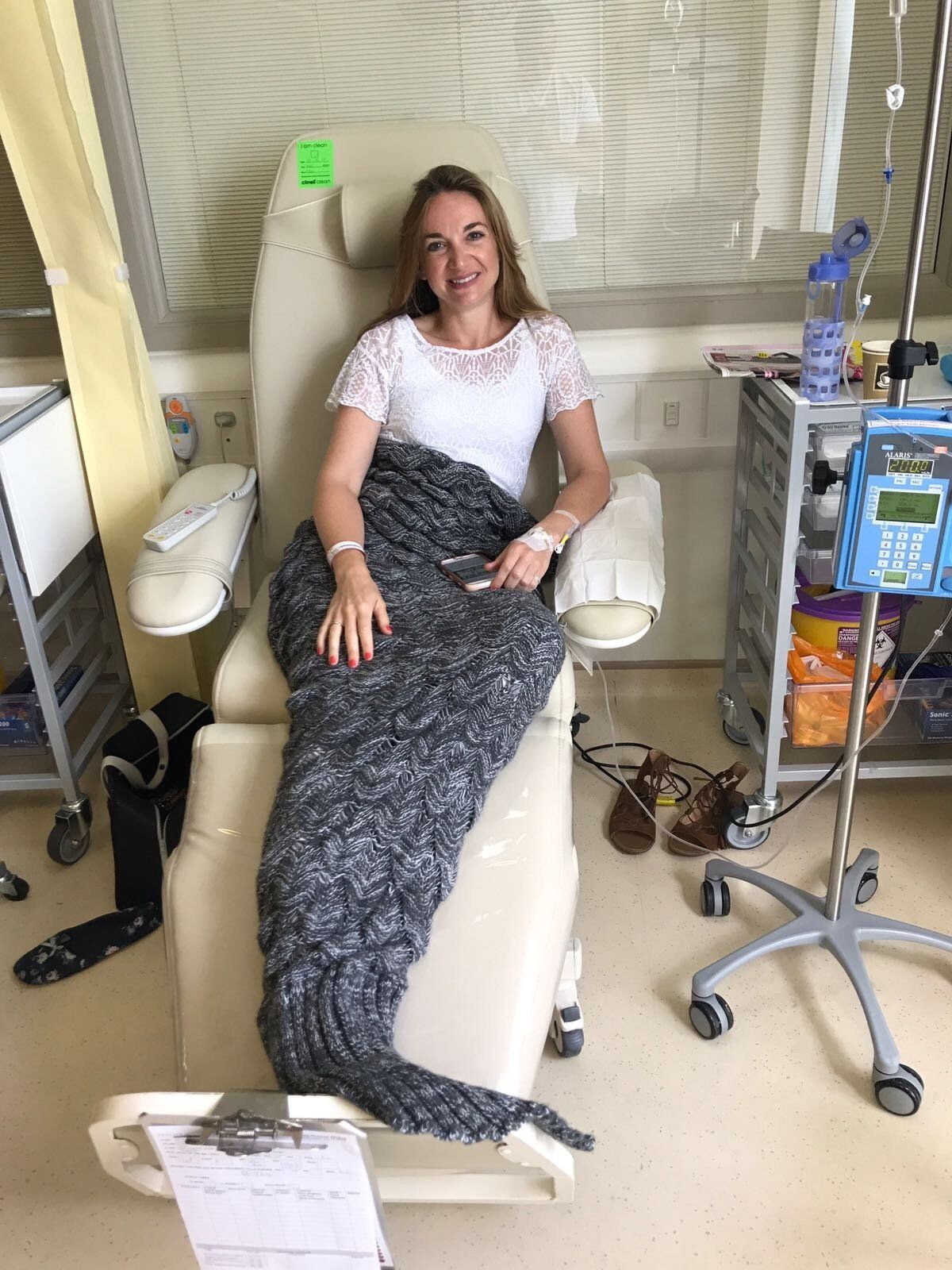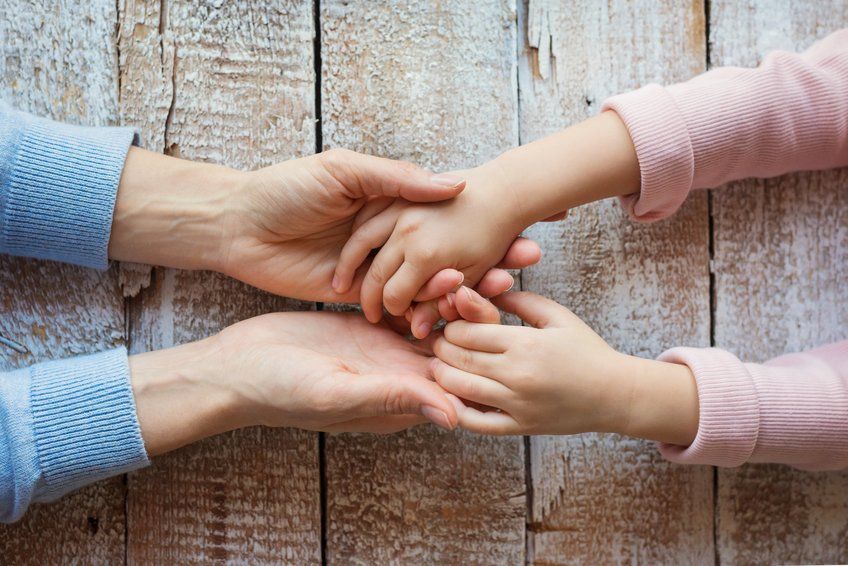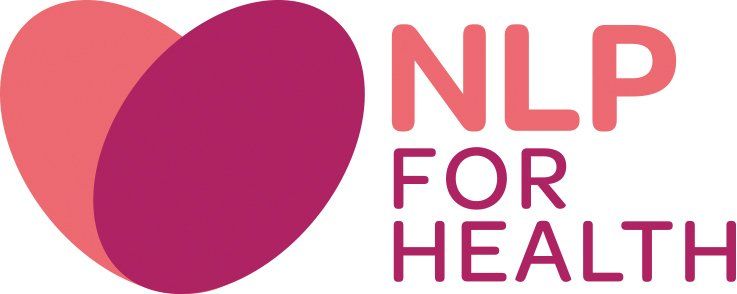Anxiety in children - how to help them
Tasha Thor-Straten • 18 January 2019
Let's be honest, there's no way we could possibly know everything that's going through our children's minds...and who would want to?
So, how do you strike the balance between giving them the independence & tools they need to manage appropriate situations, and also be aware of other behaviours and feelings they need help with?
Upsetting triggers including #bullying #familyarguments #divorce #selfesteem #schoolpressures #hormones can lead to depressive feelings. We know we are born with a certain amount of happy genes, but sometimes it seems impossible to shift the dark cloud that won't disperse.
If you start noticing the following, maybe it's time to get some help and advice:-
- sudden outbursts and difficulty in maintaining a balanced outlook
- low mood that lasts for extended periods of time, with limited good feelings
- interacting less with friends and family
- lack of confidence, unwilling to try new things
- wanting to stop doing the things that used to make them happy
- lack of focus
- change of eating patterns
- tired and grumpy even after a good night's sleep
We looked at two situations where she coped well (managed to leave the house on time with a big smile on her face and a tummy full of yummy pancakes) and the other time where she didn't cope well. She understood the difference and realised she wanted to feel calm and happy, so we #anchored the feelings of happy and calm into a circle of excellence that she created into a visual horses that became her special bracelet.
I encouraged her to use the magic horses even when she didn't need it, so she could increase the feelings associated with her anchor.
The next day I received a lovely message from her mum, who said she had virtually skipped out of the door and arrived early at school.
We're working on some techniques to improve her self-esteem to cope with playground remarks.
Let's make time to give our children the tools to manage and cope with everyday ups and downs. Notice what they're NOT saying as much as what they ARE saying. It's okay to not feel okay....keep talking....and ask for help. There's always someone who will help.

NLP is an essential addition to focus on what's important when going through a cancer diagnosis.
As an NLP Master Practitioner focusing on health, I help people everyday to focus on their physical and mental wellbeing. This is especially useful when going through a cancer diagnosis or any life-changing illness.

As an NLP Master Practitioner Life Coach, my work with children and families is very rewarding. I help children of all ages build their self-esteem from the inside out, giving them life-skills to deal with challenges and obstacles.
I also help parents teach their children how to stick up for themselves, build their resilience, to have a voice and be able to use it safely.
Everyone learns more about themselves and what's important to them.
They learn positive ways to deal with strong feelings, anxiety, stress, fear and shame.









